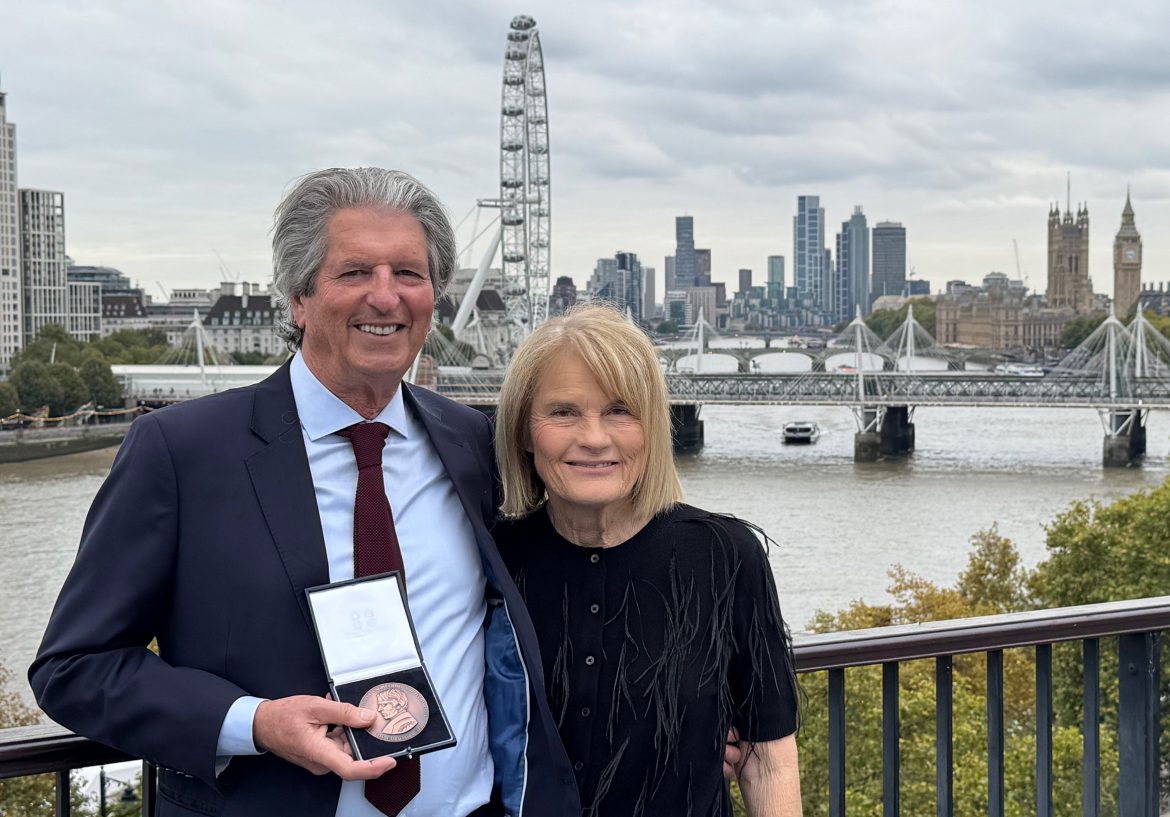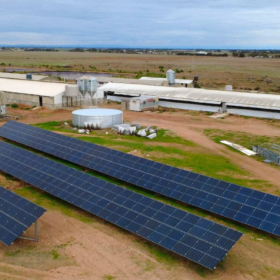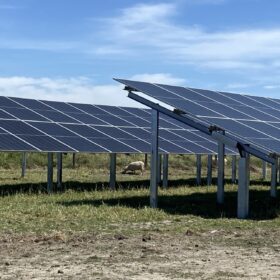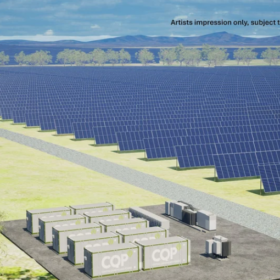Martin Green, Scientia Professor at the University of New South Wales (UNSW) Sydney, has been awarded the Faraday Medal by the United Kingdom’s Institution of Engineering and Technology (IET) for his outstanding achievements in solar PV.
The medal recognises Green’s achievements in transforming solar power from an expensive and niche technology to the world’s cheapest and most scalable source of electricity.
Green, known widely as the “father of modern PV,” led the UNSW teams that developed passivated emitter and rear cell (PERC) technology. The work helped increase the conversion efficiency of standard solar cells by more than 50% in relative terms from 16.5% in the early 1980s to 25% in the early 2000s.
Green and his teams were also the first to demonstrate and report on tunnel-oxide polysilicon contact (TOPCon) solar cells. Together with PERC technology, these cells now account for more than 90% of the world’s solar cells.
The team’s innovations and advances in solar technology are considered instrumental in the global transition to renewable energy, helping reduce the cost of solar panels by 80% in the last decade with solar now the lowest cost option for bulk electricity supply.
Green said the teams at UNSW’s School of Photovoltaic and Renewable Energy Engineering and its Solar Industrial Research Facility continue to investigate the next generation of solar technologies, tipping that their current research could boost cell efficiency to more than 40%.
“Solar energy is already the cheapest electricity in history, but there’s still enormous scope for improvement,” he said. “Silicon cells are very good at converting red photons from sunlight but not so efficient at converting blue ones, since they waste a lot of their energy.”
“We are working on stacking solar cells on top of each other, so they work in tandem to convert different parts of the solar spectrum into electricity.”
Green has previously been awarded the Japan Prize, Millennium Technology Prize, Global Energy Prize and the Queen Elizabeth Prize for Engineering, shared with three of his former students. He has also had a Sydney ferry named after him.
UNSW Dean of Engineering Professor Julien Epps said Green’s latest award affirms his place among the greatest engineers and scientists of our time.
“Through five decades of his own research, mentorship of students and colleagues and collaboration with industry to commercialise solar technology, Martin has been the constant driving force to deliver the world’s lowest-cost energy source — a vital tool in the global fight against climate change,” he said.
This content is protected by copyright and may not be reused. If you want to cooperate with us and would like to reuse some of our content, please contact: editors@pv-magazine.com.









By submitting this form you agree to pv magazine using your data for the purposes of publishing your comment.
Your personal data will only be disclosed or otherwise transmitted to third parties for the purposes of spam filtering or if this is necessary for technical maintenance of the website. Any other transfer to third parties will not take place unless this is justified on the basis of applicable data protection regulations or if pv magazine is legally obliged to do so.
You may revoke this consent at any time with effect for the future, in which case your personal data will be deleted immediately. Otherwise, your data will be deleted if pv magazine has processed your request or the purpose of data storage is fulfilled.
Further information on data privacy can be found in our Data Protection Policy.